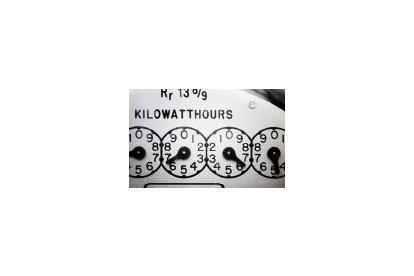How will the smart grid work?

It offers consumers the ability to use electricity more efficiently and gives utilities the ability to detect problems on their systems and operate them more efficiently through consumer-friendly efficiency concepts, such as ‘prices to devices’.
In Australia, the proposed national framework will provide for an efficient, flexible and open-access smart metering infrastructure that:
• supports interoperability;
• permits adoption of new technologies;
• minimises barriers to competition; and,
• connects energy businesses to deliver reliable, accurate and timely energy metering data in a way that supports emerging network and energy management solutions.
ADVERTISEMENT
For Peter Garrett, the benefit to consumers is that smart grids allow them to make informed choices on energy use, ultimately helping them to reduce their energy bills and make households and businesses more energy efficient.
In the United States, the Department of Energy (DoE) says a smarter grid promises to change the industry’s entire business model and its relationship with all stakeholders, involving and affecting utilities, regulators, energy service providers, technology and automation vendors, and all consumers of electric power.
“If the grid was just 5% more efficient, the energy savings would equate to permanently eliminating the fuel and greenhouse gas emissions from 53 million cars,” the DoE says.
“Consider this, too: If every American household replaced just one incandescent light bulb with a compact fluorescent bulb, the country would conserve enough energy to light three million homes and save more than $600 million annually.”
Also see:
Smart meters and the smart grid
The role of the connected home on smart metering
The down side to smart metering
Smart meter FAQs
-
ADVERTISEMENT
-
ADVERTISEMENT

